Religious & Spiritual Competency Training in Muslim Mental Health (MMH-CT)
Principal Investigator: Dr. Rania Awaad
Religious & Spiritual Competency Training in Muslim Mental Health (MMH-CT) helps clinicians better understand the religious and spiritual (R/S) needs of Muslim clients. This six-module training aims to improve clinician comfort in integrating R/S topics, ultimately supporting better mental health outcomes.
Background
According to the American Psychiatric Association (APA), 60% of adults recognize that their faith or spirituality is an important factor in their mental wellbeing (1). Despite this, aspects of a patients’ identity are often not integrated into their care. Many clinicians report feeling unequipped to address the religious and spiritual nuances into patient care, especially for individuals from faith-based communities (2). To bridge this gap, we developed a six-part training to improve clinician competency in integrating these elements into care and promote greater mental health accessibility for marginalized communities.
(1) Hathaway, W.L., Scott, S.Y., & Garver, S.A. (2004). Assessing religious/spiritual functioning: A neglected domain in clinical practice? Professional Psychology: Research and Practice, 35(1), 97-104.
(2) New polling data shows most people of faith would seek mental health care if recommended by their faith leader. American Psychiatric Association. (2024, September 16).
Settings
Graduate school courses
Internship/Practicum sites
Faculty or Professional development
Populations
Clinicians working with the Muslim community
Evidence
The MMH-CT training demonstrated significant improvements in clinicians’ attitudes, knowledge, skills, and self-reported competencies in integrating Muslim mental health considerations into their practice immediately following the MMH-CT. 68% of our respondents reported that the training improved their understanding of Muslim mental health.
Testimonials
“Absolutely loved this workshop! We need more on topics like these esp. in the UK.”
“I found this session to be incredibly useful both as a Muslim medical student and as a Muslim patient myself.”
“There is a great need for a scholarly, academic, and research based approach to Muslim health and I am relieved to see these efforts being made.”
“I have heard a lot about the importance of religion and spirituality in my MSW and current internship in palliative care but until this training, I did not feel I had learned the practical skills I needed to actually feel confident in discussing religion with my patients.”
Keywords
Training; religion; spirituality; competencies; Muslims; mental health
